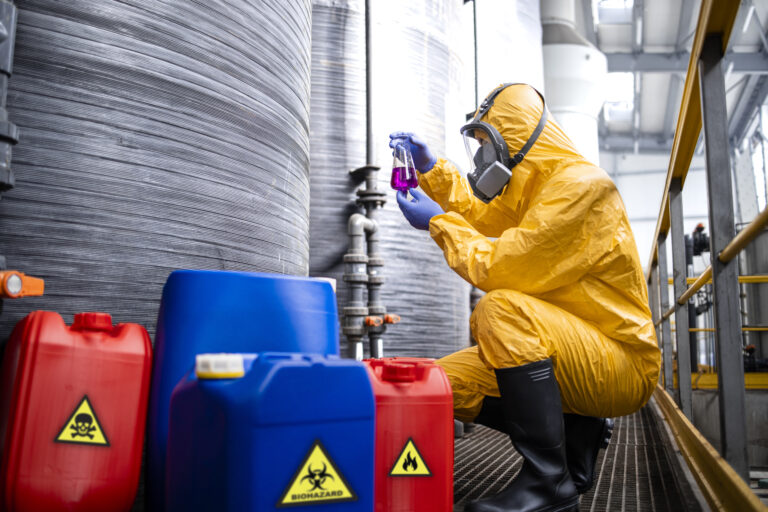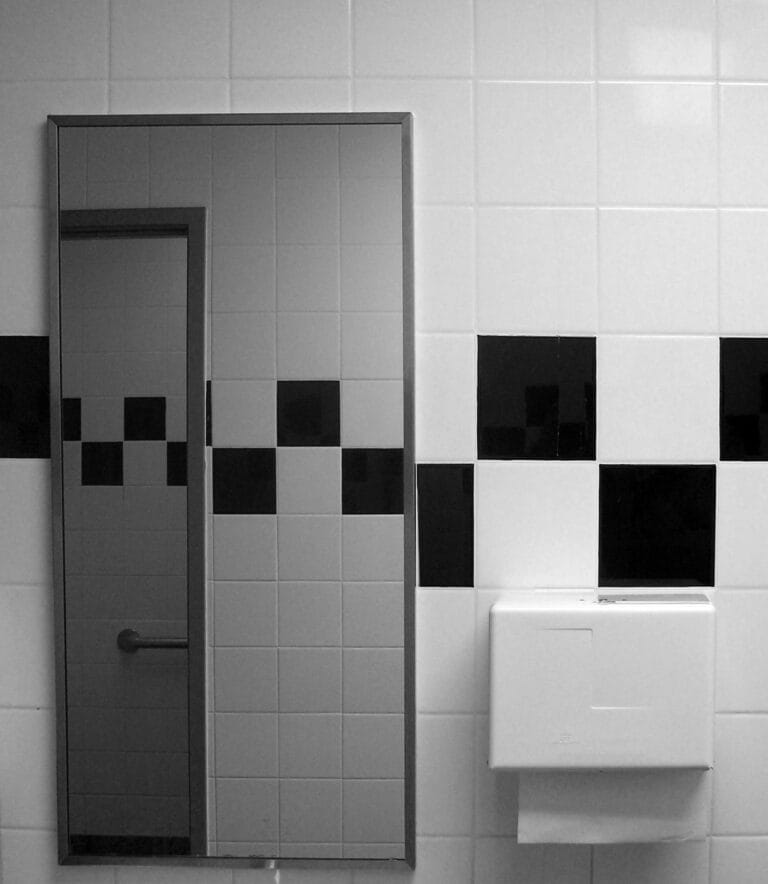After-hours office cleaning is a critical component of maintaining a healthy and productive work environment. The significance of this practice cannot be overstated, as it allows for thorough cleaning without disrupting the daily operations of the business. During regular working hours, employees are focused on their tasks, and the presence of cleaning staff can be distracting.
By scheduling cleaning services after hours, companies can ensure that their workspaces are sanitized and organized by the time employees return the next day. This not only enhances the overall appearance of the office but also contributes to employee morale and productivity. Moreover, after-hours cleaning plays a vital role in health and safety.
Offices are breeding grounds for germs and bacteria, especially in high-touch areas such as doorknobs, keyboards, and communal spaces like break rooms. A dedicated cleaning service can effectively address these concerns by employing specialized techniques and products that eliminate harmful pathogens. This proactive approach to cleanliness helps reduce the spread of illness among employees, ultimately leading to fewer sick days and a more engaged workforce.
In an era where health is paramount, investing in after-hours cleaning is not just a luxury; it is a necessity for any organization that values its employees’ well-being.
Key Takeaways
- After-hours office cleaning is important for maintaining a clean and healthy work environment for employees and visitors.
- Creating a cleaning schedule helps ensure that all areas of the office are regularly cleaned and maintained.
- Hiring a professional cleaning service can provide expertise and efficiency in maintaining a clean office space.
- Implementing green cleaning practices can reduce the environmental impact of cleaning products and promote a healthier workspace.
- Encouraging employee participation in cleaning efforts can help maintain a clean and organized office space.
Creating a Cleaning Schedule
Establishing a comprehensive cleaning schedule is essential for maintaining a consistently clean office environment. A well-structured schedule outlines the frequency and scope of cleaning tasks, ensuring that all areas of the office receive the attention they require. This systematic approach allows for better resource allocation and helps cleaning staff prioritize their efforts effectively.
For instance, high-traffic areas may need daily attention, while less frequented spaces could be cleaned on a weekly or bi-weekly basis. By clearly defining these parameters, businesses can optimize their cleaning processes and maintain a high standard of cleanliness. In addition to frequency, the cleaning schedule should also detail specific tasks to be performed in each area.
This could include dusting surfaces, vacuuming carpets, sanitizing restrooms, and emptying trash bins. By breaking down the cleaning process into manageable tasks, it becomes easier to track progress and ensure that nothing is overlooked. Furthermore, involving employees in the creation of this schedule can foster a sense of ownership and responsibility towards maintaining a clean workspace.
When everyone understands their role in upholding cleanliness standards, it leads to a more cohesive effort in keeping the office environment pristine.
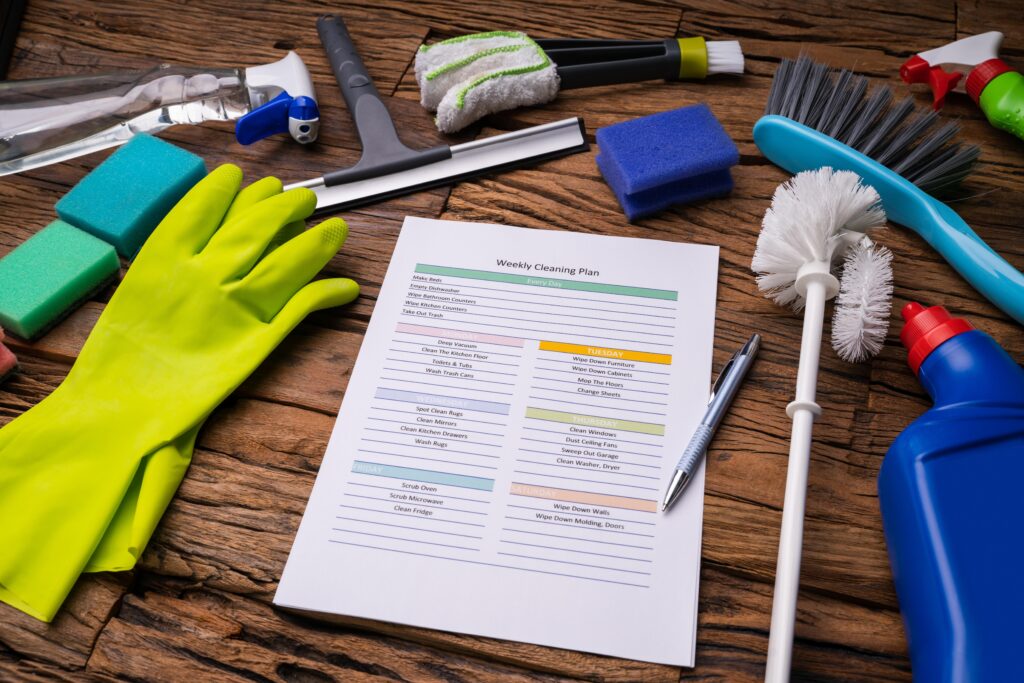
Hiring a Professional Cleaning Service
When it comes to maintaining a clean office, hiring a professional cleaning service like United Facilities Group can make all the difference. Professional cleaners bring expertise and experience that in-house staff may lack. They are trained in the latest cleaning techniques and equipped with specialized tools and products that ensure a thorough job.
By outsourcing cleaning responsibilities to professionals, businesses can focus on their core operations while leaving the cleanliness of their workspace in capable hands. Moreover, professional cleaning services offer flexibility and scalability to meet the unique needs of each organization. Whether a company requires daily cleaning or periodic deep cleans, United Facilities Group can tailor its services accordingly.
This adaptability allows businesses to adjust their cleaning frequency based on changing circumstances, such as increased employee presence or special events. Additionally, professional cleaners are often more efficient than in-house staff due to their training and experience, resulting in time and cost savings for the organization.

Implementing Green Cleaning Practices
In today’s environmentally conscious world, implementing green cleaning practices is not just beneficial for the planet; it can also enhance the workplace atmosphere. Green cleaning involves using eco-friendly products and methods that minimize harmful chemicals and reduce environmental impact. By adopting these practices, businesses can create a healthier indoor environment for employees while also demonstrating their commitment to sustainability.
Utilizing green cleaning products can significantly improve air quality within the office. Traditional cleaning agents often contain volatile organic compounds (VOCs) that can lead to respiratory issues and other health problems. In contrast, eco-friendly alternatives are formulated with natural ingredients that are less likely to cause adverse reactions.
Furthermore, green cleaning practices often emphasize waste reduction and recycling, which aligns with many organizations’ corporate social responsibility goals. By choosing United Facilities Group for their cleaning needs, companies can ensure that they are not only maintaining cleanliness but also contributing positively to the environment.
Encouraging Employee Participation
Encouraging employee participation in maintaining office cleanliness is an effective strategy for fostering a culture of responsibility and teamwork. When employees take an active role in keeping their workspace tidy, it not only enhances the overall appearance of the office but also instills a sense of pride among staff members. Simple initiatives such as organizing regular clean-up days or creating designated areas for personal belongings can go a long way in promoting cleanliness.
Additionally, providing employees with the tools and resources they need to maintain their workspaces can further encourage participation. This could include offering cleaning supplies for personal use or establishing guidelines for keeping common areas organized. By empowering employees to take ownership of their surroundings, businesses can cultivate an environment where cleanliness is valued and prioritized.
This collaborative approach not only improves the physical workspace but also strengthens team dynamics as employees work together towards a common goal.

Setting Up Cleaning Stations
Equipping Cleaning Stations
Each station should be equipped with essential cleaning supplies such as disinfectant wipes, hand sanitizers, paper towels, and trash bins. By making these resources readily available, employees are more likely to take initiative in maintaining cleanliness throughout the day. Moreover, clearly labeling these stations can help raise awareness about their purpose and encourage usage among staff members.
Raising Awareness
Signage can serve as a reminder for employees to clean up after themselves or sanitize their hands regularly. Additionally, incorporating educational materials about the importance of cleanliness and hygiene can further reinforce these messages.
Fostering a Culture of Cleanliness
By creating an environment where cleaning supplies are accessible and usage is encouraged, businesses can foster a culture of cleanliness that benefits everyone in the office.
Utilizing Technology for Cleaning Efficiency
Incorporating technology into cleaning practices can greatly enhance efficiency and effectiveness in maintaining office cleanliness. Modern advancements have introduced various tools and systems designed to streamline cleaning processes and improve outcomes. For instance, utilizing automated floor scrubbers or robotic vacuums can save time and labor while ensuring thorough cleaning of large areas.
These technologies allow cleaning staff to focus on more intricate tasks that require human attention. Additionally, software solutions can assist in managing cleaning schedules and tracking progress. By implementing a digital platform for scheduling and reporting, businesses can easily monitor which areas have been cleaned and identify any recurring issues that need addressing.
This data-driven approach enables organizations to make informed decisions about their cleaning strategies and allocate resources more effectively. By leveraging technology in conjunction with professional services like those offered by United Facilities Group, companies can achieve higher standards of cleanliness with greater efficiency.
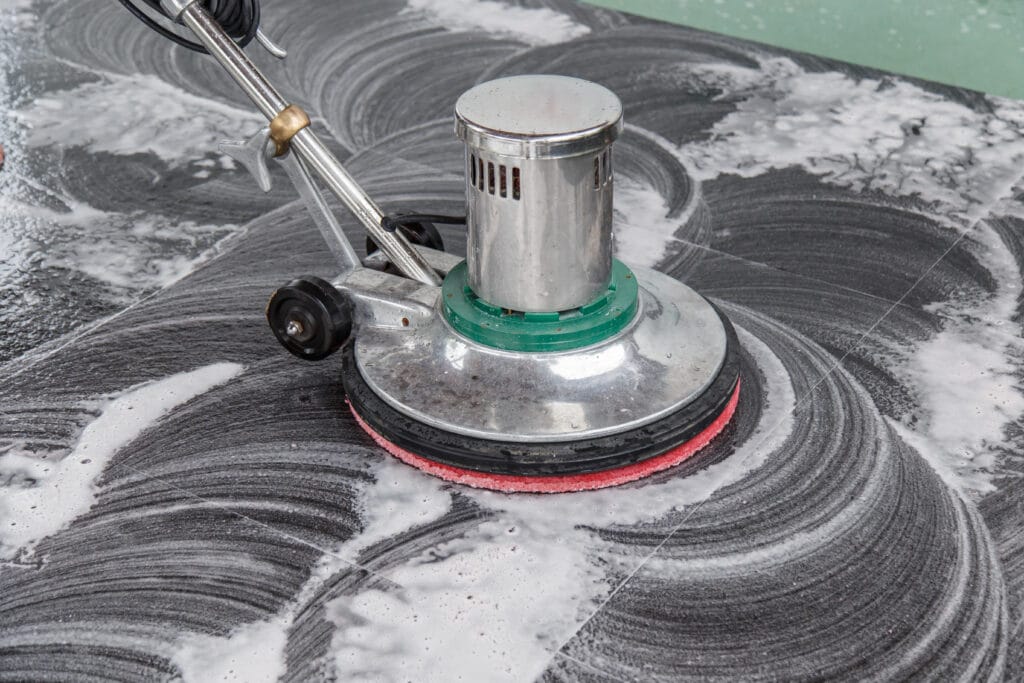
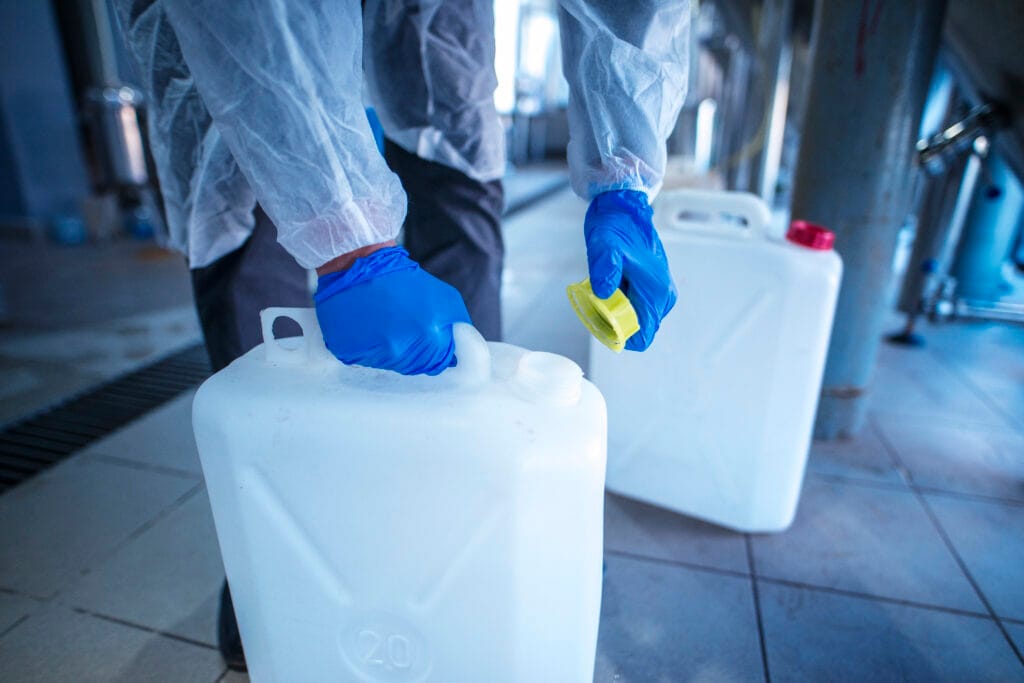
Evaluating and Adjusting Cleaning Strategies
Regularly evaluating and adjusting cleaning strategies is crucial for ensuring that office cleanliness standards are consistently met. This process involves assessing the effectiveness of current practices and identifying areas for improvement. Feedback from employees can be invaluable during this evaluation phase; they often have firsthand insights into which areas require more attention or which practices are working well.
Once evaluations are complete, adjustments should be made based on findings. This could involve revising the cleaning schedule, changing products used, or even retraining staff on specific techniques. Continuous improvement is key to maintaining a clean office environment that meets evolving needs.
By partnering with United Facilities Group, organizations can benefit from expert guidance on best practices while ensuring that their cleaning strategies remain effective over time. Regular assessments not only enhance cleanliness but also contribute to employee satisfaction and overall workplace morale. In conclusion, maintaining a clean office environment is essential for promoting health, productivity, and employee satisfaction.
From after-hours cleaning to implementing green practices and utilizing technology, there are numerous strategies organizations can adopt to enhance their cleanliness efforts. By fostering employee participation and regularly evaluating cleaning strategies, businesses can create a workspace that reflects their commitment to excellence while ensuring a safe and pleasant atmosphere for all employees.
FAQs
What are the benefits of after-hours office cleaning for Bay Area startups?
After-hours office cleaning allows startups to maintain a clean and professional work environment without disrupting the productivity of their employees during regular business hours. It also helps in creating a positive first impression for clients and visitors.
What are some effective after-hours office cleaning strategies for Bay Area startups?
Some effective after-hours office cleaning strategies for Bay Area startups include hiring professional cleaning services, implementing a cleaning schedule, providing cleaning supplies for employees, and promoting a clean desk policy.
How can startups ensure security during after-hours office cleaning?
Startups can ensure security during after-hours office cleaning by hiring reputable cleaning companies with background-checked employees, implementing access control measures, and establishing clear security protocols for the cleaning staff.
What are the cost considerations for after-hours office cleaning for startups?
The cost of after-hours office cleaning for startups can vary depending on the size of the office space, the frequency of cleaning, and the specific cleaning services required. Startups should consider their budget and prioritize essential cleaning tasks.
How can startups promote a culture of cleanliness and responsibility among employees?
Startups can promote a culture of cleanliness and responsibility among employees by providing proper training on office cleanliness, setting clear expectations for maintaining a clean workspace, and recognizing and rewarding employees who contribute to a clean and organized office environment.







